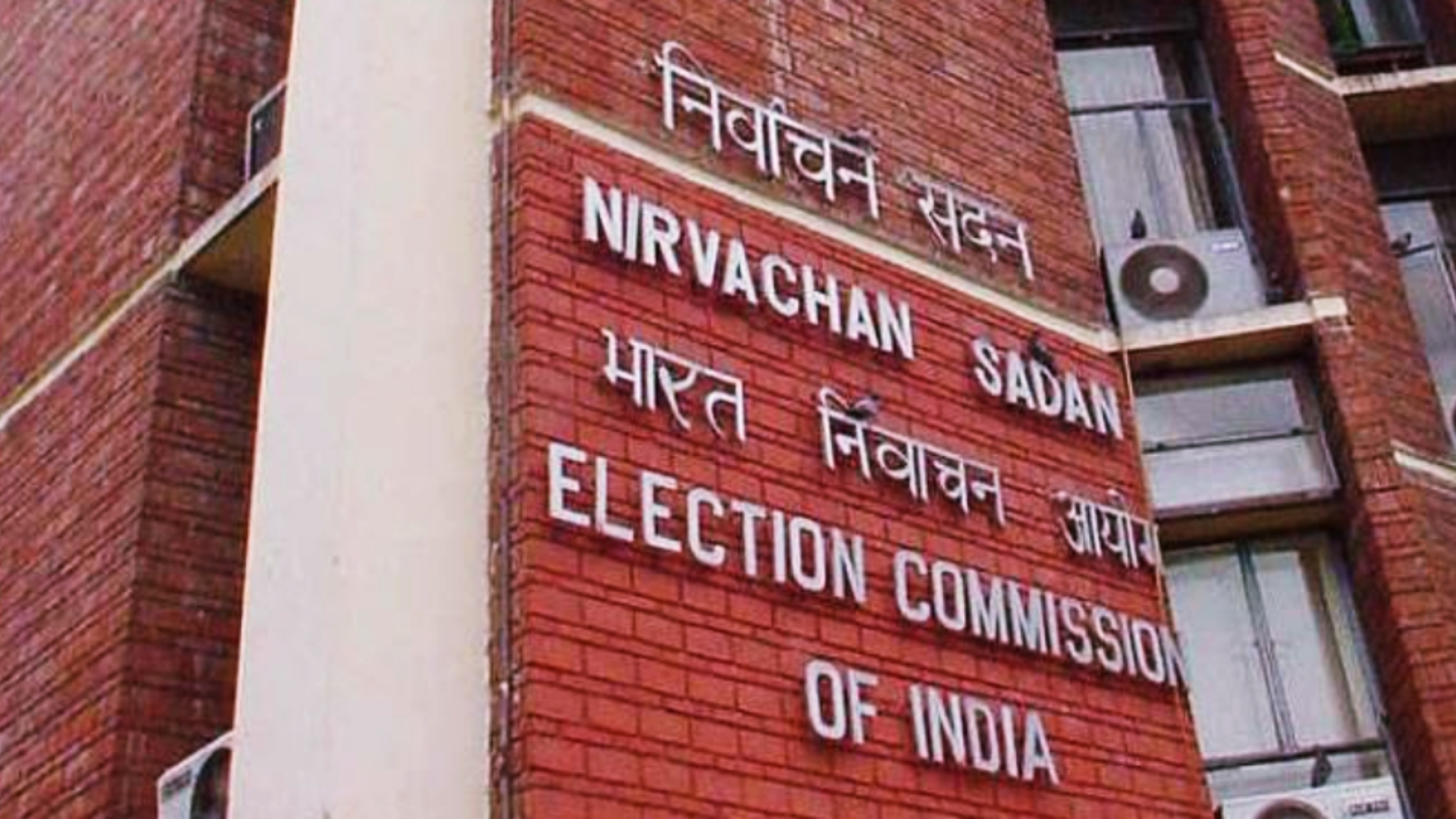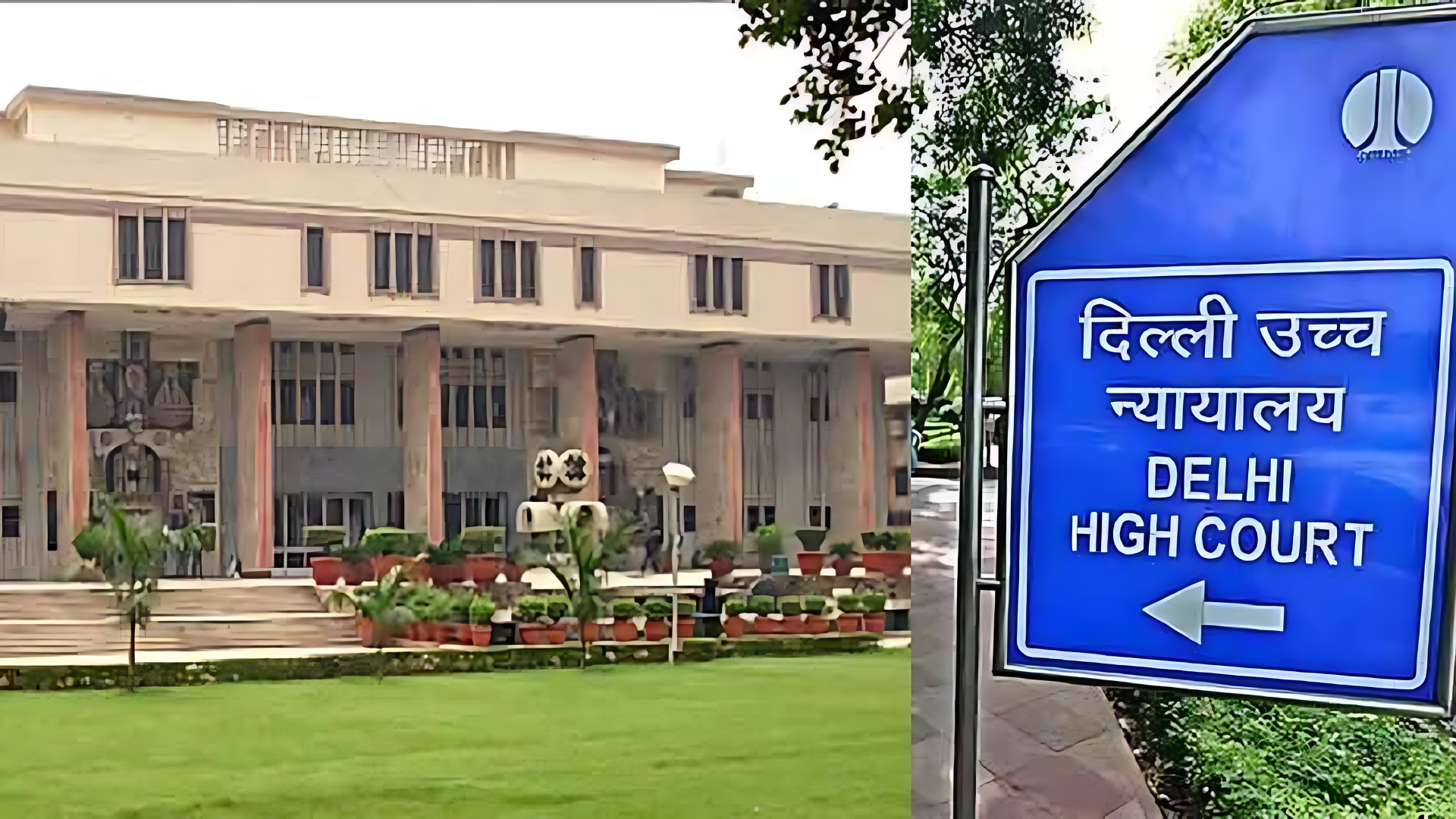



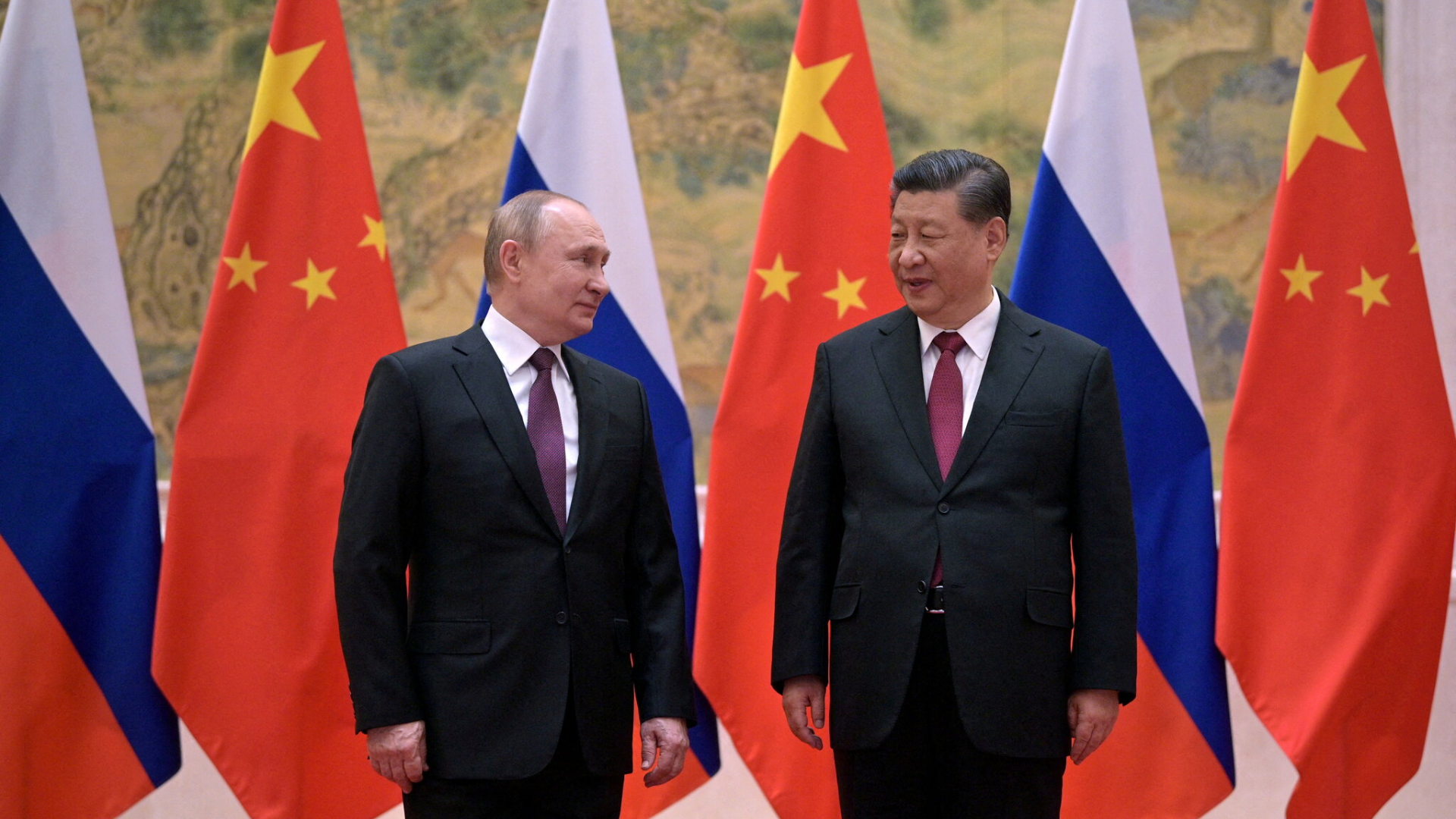



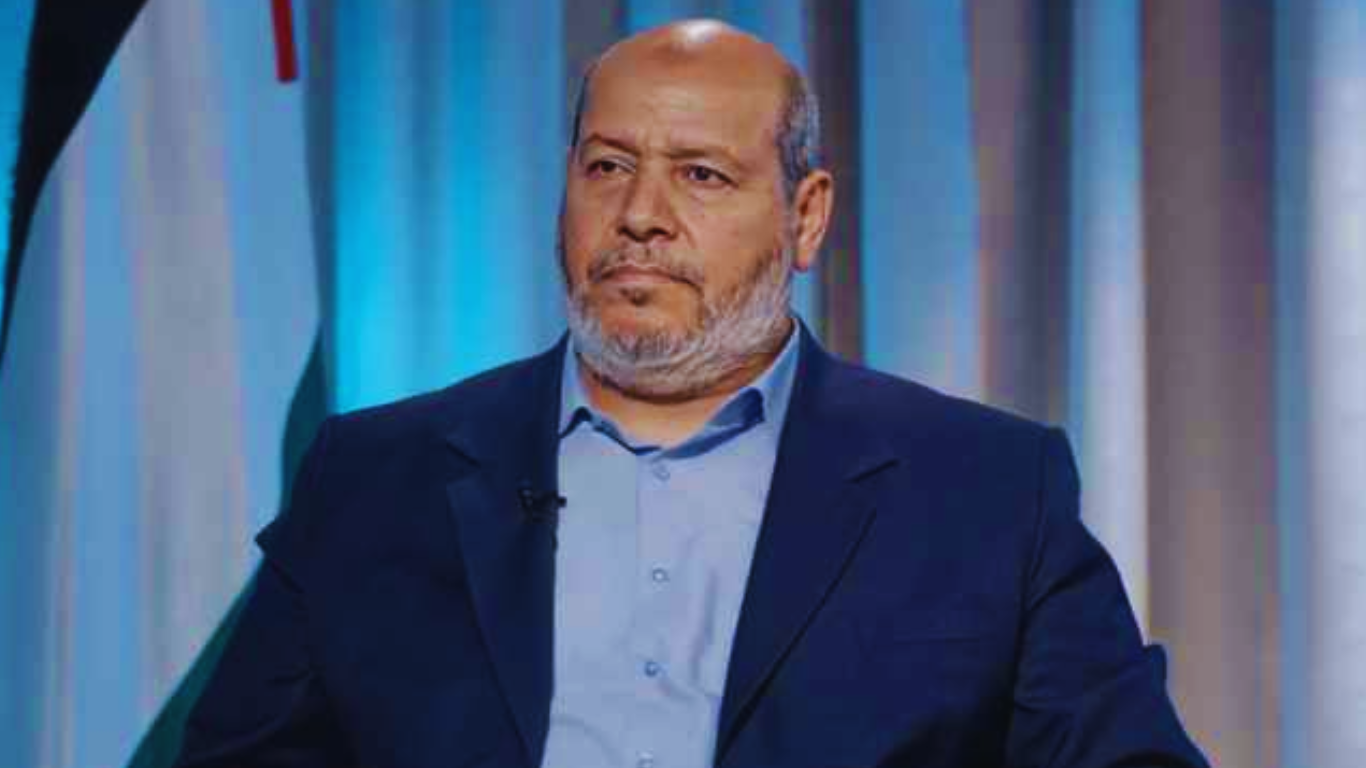
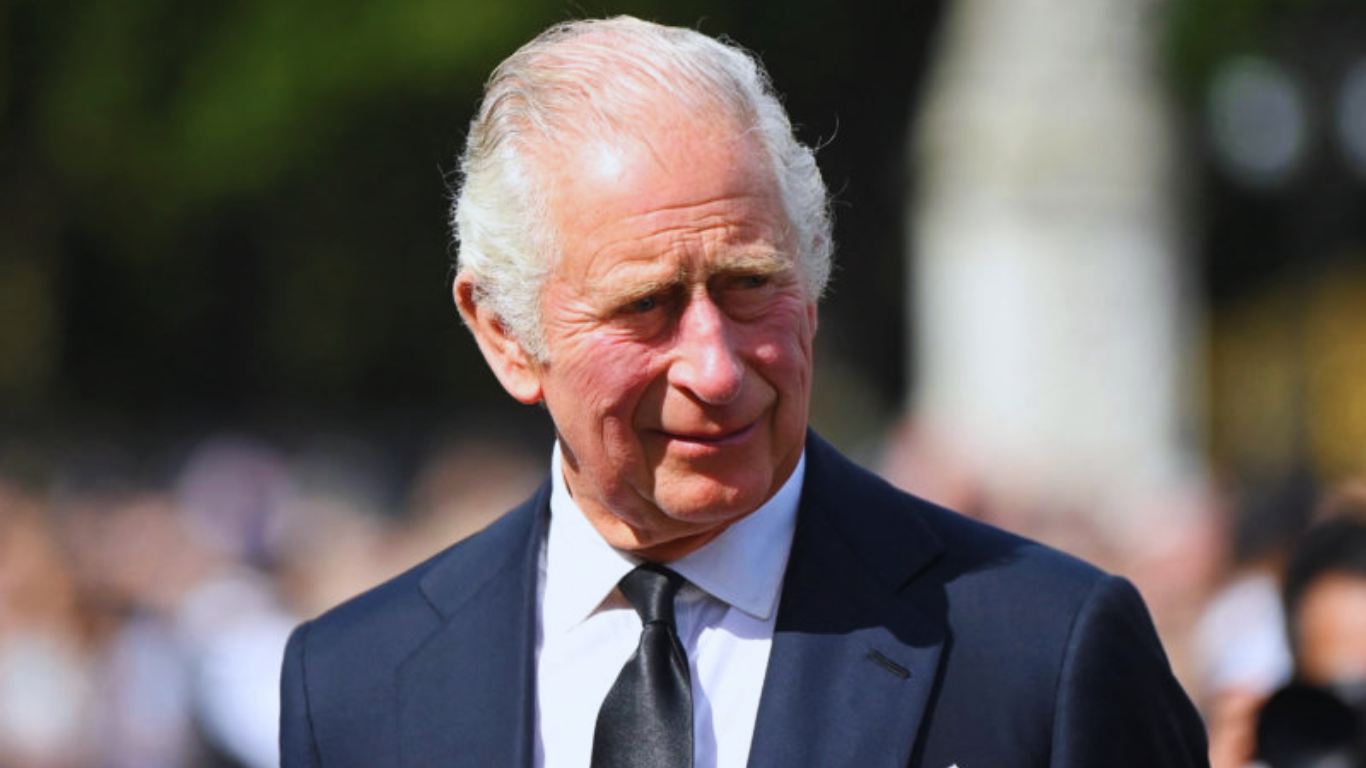
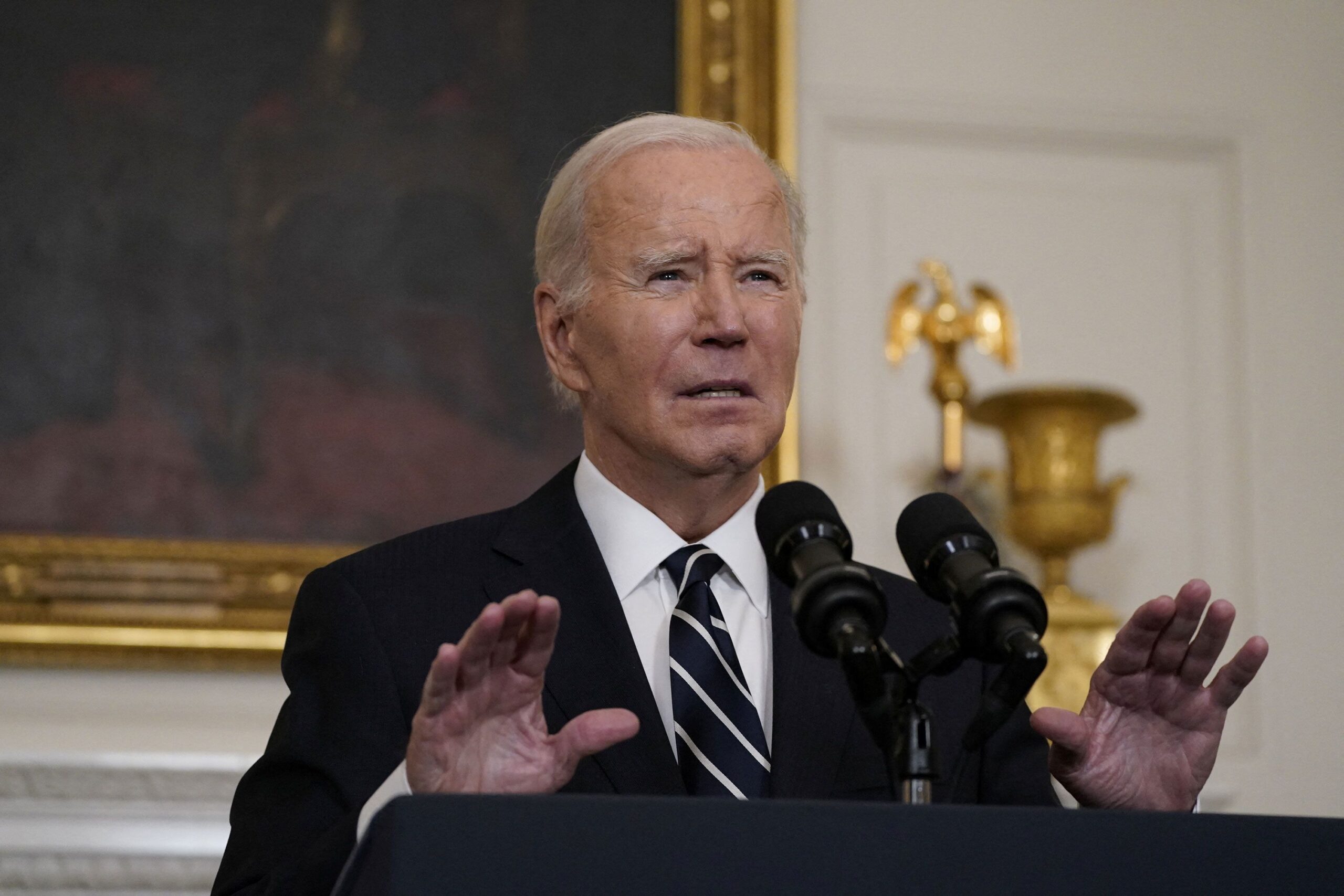
In a high-stakes meeting between US President Joe Biden and Chinese President Xi Jinping in San Francisco, discussions covered a spectrum of global issues, with a focus on Russia’s ongoing war in Ukraine. Biden openly addressed concerns about China’s actions, including human rights issues, coercive activities in the South China Sea, and the detention of US citizens.
During a press conference following the nearly four-hour-long talks, President Biden outlined the areas of contention, emphasizing the importance of peace and stability in the Taiwan Strait. He specifically pointed out China’s “human rights abuses” in Xinjiang, Tibet, and Hong Kong. The president disclosed that he provided Xi with the names of detained individuals, expressing hope for their release.
Describing the talks as “constructive and productive,” Biden highlighted the candid nature of discussions, acknowledging that agreement wasn’t always reached in the past. Notably, the meeting marked the reestablishment of direct military-to-military contacts between the US and China, aimed at preventing miscalculations and maintaining clear communication channels.
Addressing a question about Xi’s leadership style, Biden reiterated his characterization of Xi as a dictator, emphasizing the communist nature of China’s government. He defended his administration’s actions, citing accomplishments like the formation of the Quad and collaborations with countries such as Australia and the Philippines.
The summit, occurring on the sidelines of the Asia-Pacific Economic Cooperation (APEC), reflected ongoing efforts to enhance communication between the two major powers amid persistent tensions. The outcome underscores the complex dynamics between the US and China, with diplomatic exchanges attempting to navigate issues ranging from human rights to military engagement.


